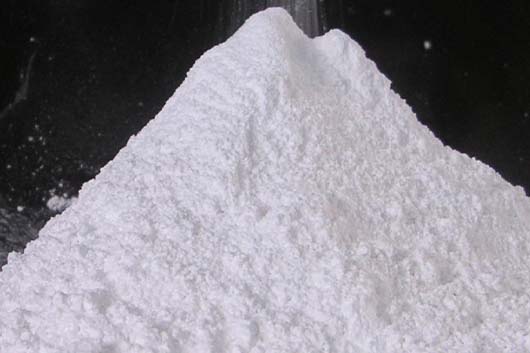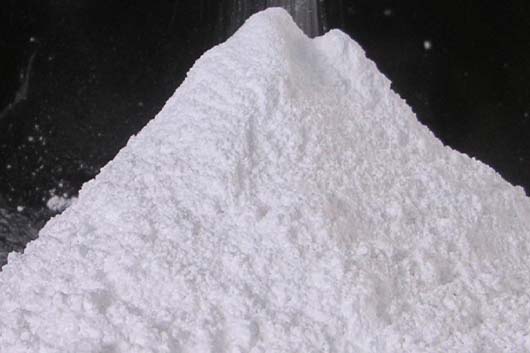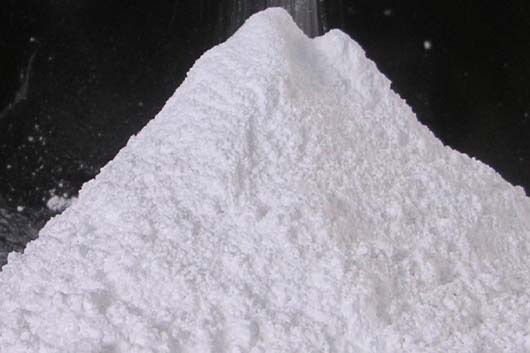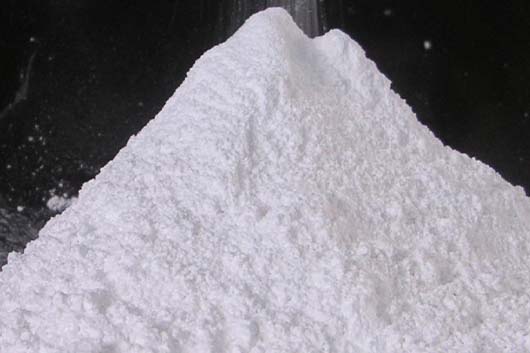- Discover The Magic Within Shining Minerals
- +91-9414167212
- anenterprises@gmail.com

Can soapstone powder be used in cooking?
December 29, 2023
What are the benefits of using China clay in paints?
December 29, 2023Talc, a naturally occurring mineral, has been an essential part of various industries worldwide, including India. Its unique properties make it a versatile material with a wide range of applications. In this blog post, we will delve into the primary uses of talc in India, shedding light on its significance in various sectors.
Cosmetics and Personal Care Products
One of the most well-known uses of Talc India is in the cosmetic and personal care industry. Its soft, silky texture and excellent absorbency make it a popular ingredient in products such as:
- Powders: It is a key component of body powders, face powders, and baby powders. It provides a smooth, matte finish and helps absorb excess moisture, making it a favorite among consumers for its comfort and skin-friendly properties.
- Makeup: It is a common ingredient in cosmetics like eyeshadows, foundations, and blushes. It aids in achieving a fine, even application and enhances the makeup’s blendability.
- Deodorants and Antiperspirants: Its moisture-absorbing properties make it an ideal ingredient in deodorants and antiperspirants, helping to keep underarms dry and odor-free.
Pharmaceuticals
Talc is also widely used in the pharmaceutical industry in India. It serves several critical functions:
- Tablet Manufacturing: It acts as a lubricant and anti-sticking agent during tablet manufacturing. It ensures that tablets can be easily compressed and released from molds, contributing to the efficiency of pharmaceutical production.
- Coating: Pharmaceutical coatings often contain talc to improve tablet appearance, increase drug stability, and aid in the controlled release of medications.
- Excipient: It is utilized as an excipient, helping maintain the stability and flowability of powdered drugs. Its inert nature ensures it does not react with the drug compounds.
Ceramics and Pottery
In India, the ceramics and pottery industry benefits from talc’s properties, which include its low electrical conductivity and high thermal resistance. It is used in this sector for:
- Glaze Preparation: It is an essential ingredient in ceramic glazes. It enhances the glaze’s texture, provides whiteness, and improves its application on ceramic surfaces.
- Kiln Furniture: It is employed in making kiln furniture, which includes shelves and props used to support ceramics during firing. Its thermal stability ensures these materials can withstand high temperatures.
Paints and Coatings
Talc is a valuable component in the production of paints and coatings in India, offering the following advantages:
- Matting Agent: It acts as a matting agent, reducing the gloss of paints and coatings while maintaining an even surface finish.
- Anti-corrosion: It contributes to the formulation of anti-corrosion coatings due to its chemical inertness and barrier properties, protecting metal surfaces from environmental damage.
- Filling and Extending: It serves as a filler and extender, enhancing the volume and reducing costs in paint formulations while maintaining quality.
Plastics and Polymers
The plastics and polymer industry in India also relies on talc for its valuable attributes:
- Reinforcement: It is used as a reinforcing filler in plastic and polymer products, increasing their stiffness, dimensional stability, and impact resistance.
- Impact Modification: In polypropylene and other plastics, it is used to improve impact strength and toughness.
- Thermal Resistance: It enhances the heat resistance of plastic materials, making them suitable for high-temperature applications.
Paper and Pulp
Talc’s natural whiteness and ability to improve surface smoothness make it a beneficial component in the paper and pulp industry in India:
- Coating: It is added to paper coatings to enhance printability and opacity while reducing ink absorption.
- Pitch Control: It is used to control pitch and stickies, improving the quality of the paper and reducing equipment maintenance.
Agriculture
While not as widely recognized, talc plays a role in Indian agriculture:
- Pesticide Carrier: It is used as a carrier for pesticides and herbicides. It helps ensure even distribution of these chemicals on crops, enhancing their effectiveness.
Conclusion
Talc, a naturally occurring mineral abundant in India, is a multi-faceted material with diverse applications across various industries. From cosmetics and pharmaceuticals to ceramics, paints, plastics, and agriculture, its unique properties contribute to the quality and functionality of a wide range of products. Its importance in these sectors underscores its significance in India’s industrial landscape.
As talc continues to be a fundamental component in numerous industries, its versatile nature and positive impact on product performance ensure its enduring presence in the Indian market. A.N. Enterprises understands that very well and always stands as a reputable manufacturer, supplier, and exporter of high-quality talc powder, serving diverse industries with a commitment to excellence and reliability.




